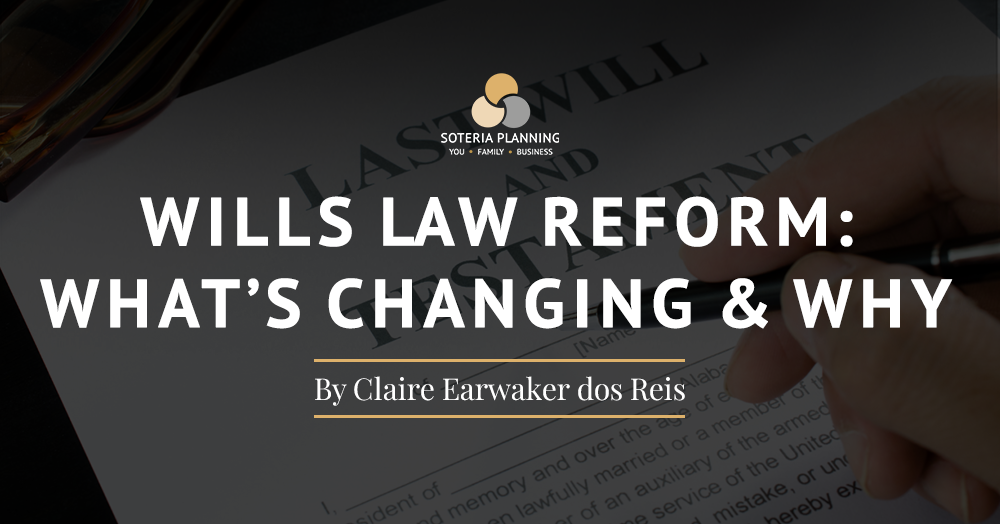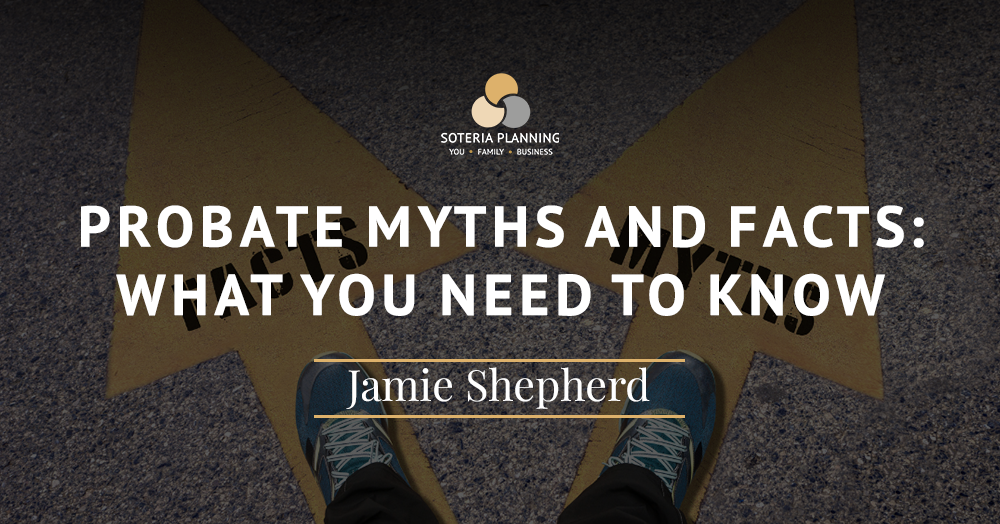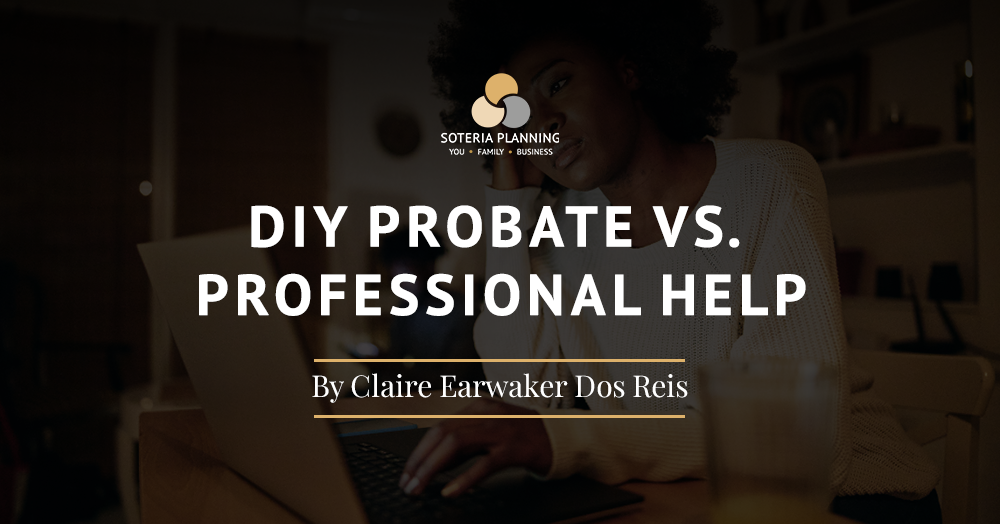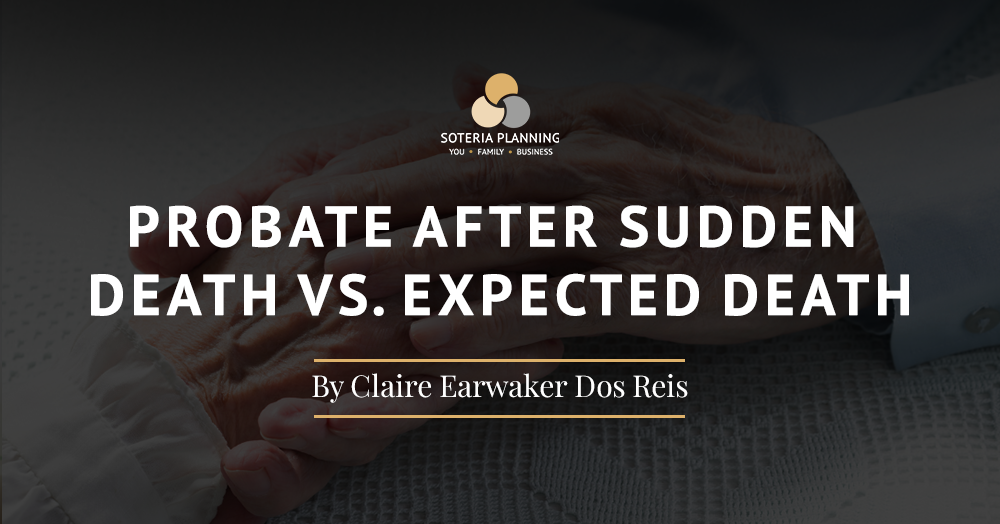Creating a comprehensive and legally binding Will is crucial for ensuring that your assets and wishe...
Creating a comprehensive and legally binding Will is crucial for ensuring that your assets and wishes are protected and fulfilled after your passing. It’s not something that anyone really wants to think about however, it’s important to understand that significant life events, such as marriage, divorce, and separation, can have a profound impact on your Will and subsequently, your assets and their distribution.
In this article, we explore the effects of these events on your testamentary intentions under the laws of England and Wales. Note: ‘testamentary intentions’ means your intended wishes in your Will. Marriage first;
- Marriage and Your Will: When you marry or enter into a civil partnership, it’s essential to review your existing Will or create a new one to ensure it remains valid and reflects your current circumstances. In England and Wales, marriage typically revokes any previously made Will, unless it was created in anticipation or contemplation of the marriage. This means that if you have an existing Will and you get married without updating it, your Will becomes invalid. What would then happen is that your assets would pass in accordance with the Laws of Intestacy.
To avoid unintended consequences and to ensure your wishes are upheld, it is strongly advised to review your Will and make any necessary amendments promptly after getting married. You may want to consider appointing your spouse as an executor or including them as a beneficiary in your revised Will. Alternatively, if you don’t want them to benefit, perhaps where you are remarrying and they have enoughtprovisions and perhaps you’d like your assets to pass to children under your first marriage, speak to us.
- Divorce and Your Will: Divorce is a significant life event that can have far-reaching consequences for your Will. In England and Wales, divorce or dissolution of a civil partnership has a specific effect on your testamentary arrangements (your wishes). If you have a Will in place that was made before your divorce, any provisions in favour of your former spouse or civil partner will be treated as if they had predeceased you, unless a contrary intention is expressed.
However, it’s crucial to note that a divorce does not automatically revoke your entire Will. Other provisions in your Will remain valid, and it is vital to review and update your Will to reflect your new circumstances. This will ensure that your assets are distributed according to your wishes and not subject to outdated provisions.
- Separation and Your Will: Separation without obtaining a divorce or dissolution of a civil partnership can complicate matters when it comes to your Will. Legally, separation does not invalidate your Will, and any provisions in favour of your separated spouse or civil partner remain intact unless expressly revoked or changed.
If you are separated but have no intention of divorcing or dissolving your civil partnership, it is essential to revisit your Will to reflect your current wishes accurately. You may want to consider excluding your separated spouse or partner from your Will or revising the distribution of assets to align with your current circumstances.
Life events such as marriage, divorce, and separation can significantly impact the validity and effectiveness of your Will. To ensure your testamentary intentions are upheld and your assets are distributed according to your wishes, it is crucial to review and update your Will both before and after these events occur. Consulting a qualified professional, such as the team at Soteria Planning, can provide valuable guidance and ensure that your Will accurately reflects your wishes while complying with the laws of England and Wales. By taking proactive steps to address changes in your personal circumstances, you can achieve peace of mind in knowing that your estate will be handled according to your desires.
Trust us when we say, we’ve seen the negative side of not making changes.






Share this with
Email
Facebook
Messenger
Twitter
Pinterest
LinkedIn
Copy this link